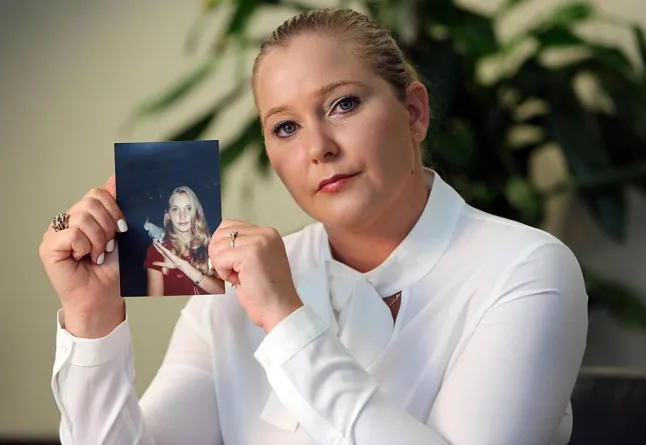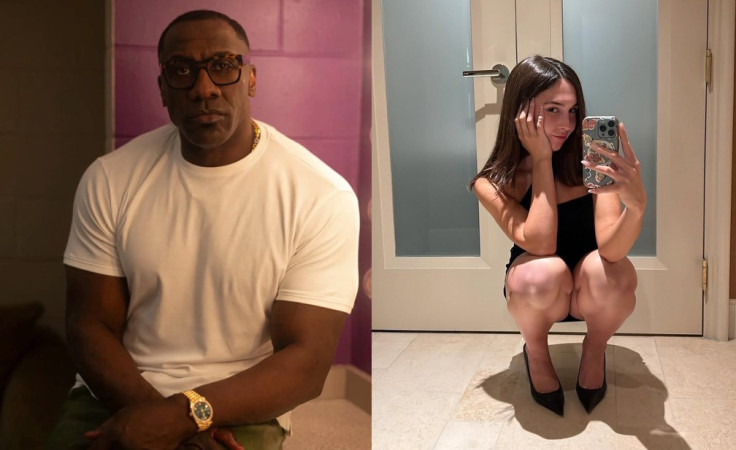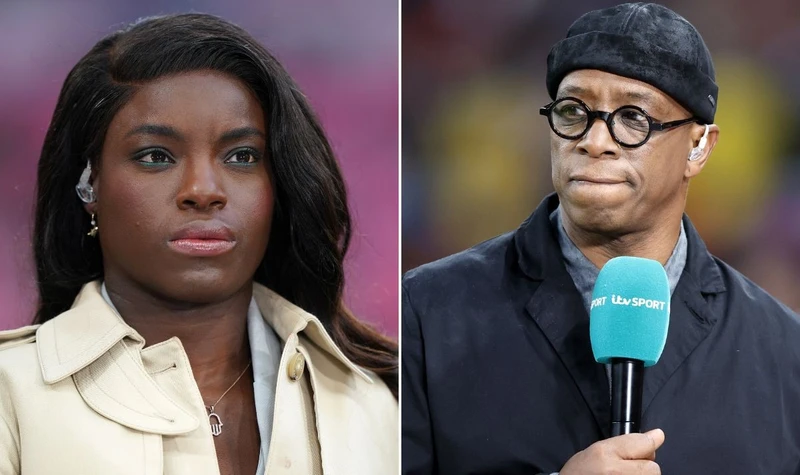Will QAnon Theories Disappear With Trump?
2021 has already gotten off to quite a sensational start in the United States, with armed right-wing rioters storming the White House ahead of Joe Biden’s inauguration. After baseless claims of election fraud and four years of spreading conspiracy theories on Twitter, the platform finally banned Donald Trump from using their service, and he left office in a huff when it came time for Biden to take the reins.
Featured Image VIA
Even though he’s out of office now, many people fear his influence hasn’t ended. His loyal followers—both in Congress and around the country—continue to insist he’s their rightful leader, and that he was ousted as part of a larger conspiracy. Here’s a quick look one of those theories, the QAnon conspiracy, which may turn out to be one of the Trump era’s lasting legacies.
From Atlantic City To Washington
From the very beginning, Trump built his presidential run, and later his presidency, around sensationalism and misinformation. The TV personality and businessman—who previously bankrupted several casinos due to mismanagement and the rise of online casinos (คาสิโนออนไลน์)—used platforms like Twitter to build a crowd of followers who began to believe everything he said.
Of all the weird conspiracy theories that people have spread over the years, the QAnon theory has to be one of the wackiest. So where did it come from? And will it die down now that Trump has flown south to play golf in Florida?
Even people who keep up on the news and know a bit about the inside workings of politics have been baffled by the QAnon phenomenon, so here’s the basic story.
It started in October 2017, when an anonymous user made a series of posts on the message board 4chan. They signed off with the moniker “Q”, related to their claim of having US security approval known as “Q clearance”. They shared an unfounded conspiracy that the former president was waging a secret war against elite Satan-worshipping pedophiles in government, business, and the media.
The user continued to share “breadcrumbs” of information about a variety of topics, including stories that former presidential candidate Hillary Clinton would be arrested and executed. Her arrest would happen as part of a day of reckoning known as the “Storm” which would lead to the downfall of many prominent members of the Democratic party, liberal officials, and even Hollywood actors. In all of this, Trump was the hero, who would put an end to the corruption of the left.
These conspiracy theories were spread by Trump supporters on social media and message boards, but also amplified by Russian troll accounts and even state-backed Russian media.
Is It Really A Threat?
Considering how baseless and far out the QAnon conspiracy is, you might think that it would disappear quickly. But the victory of Joe Biden seems to have fanned the flames, leading to the right calling to overturn election results and even encourage followers to participate in the storming of the US capitol.
The conspiracy even has some supporters in Congress, including Marjorie Taylor Greene, a newly elected Republican congresswoman from Georgia who has ties to the QAnon theory. She has said she plans to file articles of impeachment against President Biden, claiming he’s unfit to serve due to his links with Chinese and Ukrainian energy companies. She has already been briefly banned from Twitter for sharing misinformation, which is a clue to how her impeachment attempt will likely go.
Now that the election and inauguration are over, it seems like the QAnon conspiracy could finally fade into the background. Facebook, Twitter, and other social media sites have cracked down on QAnon posts to slow the spread of misinformation. We can only hope that this will be the end of the debacle, though thousands of Americans still seem to believe the hype.
As for “Q”, they’ve been strangely quiet since the inauguration—perhaps they’ve also retired to the beach after all the election drama.















